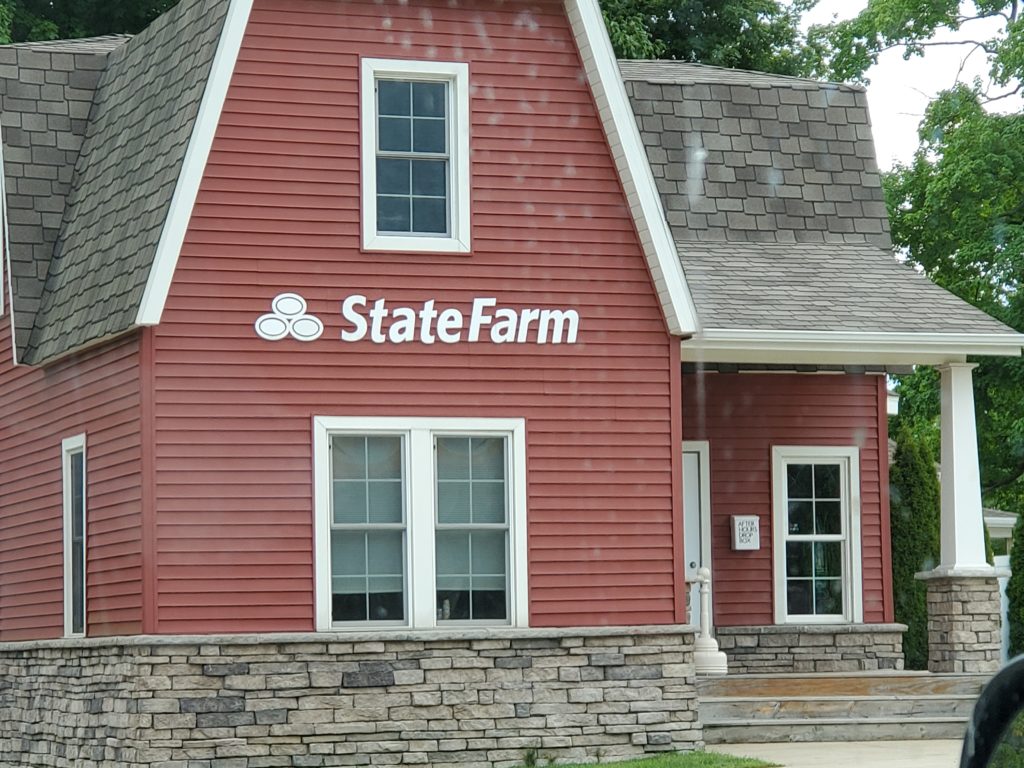
Virginia DOI: Appraisal clause applies to repairable vehicles as well as total losses
By onAssociations | Business Practices | Education | Insurance | Legal | Market Trends
The Virginia Bureau of Insurance confirmed earlier this year and again last month that policyholders can use their appraisal clauses to obtain a ruling on the cost of repairing a vehicle.
We received a copy of a Feb. 18 VBI response to a complaint over State Farm. Though we weren’t provided the complaint itself, the VBI’s characterization of a State Farm response suggests it involves a dispute over the appropriate cost to repair a vehicle.
“State Farm maintains that based on its review and analysis, its estimate represents a reasonable cost for the necessary repairs to your vehicle,” VBI property and casualty division consumer services section manager Marc McLaughlin wrote to the complainant. “As you will also note, the company listed a number of specific discrepancies it has with your body shop over the necessity of certain repairs and the extent of repair required for other repairs. State Farm did point out that it is willing to revisit these issues with your body shop through the supplement process to determine if additional reasonable costs are warranted.”
McLaughlin also describes State Farm asserting that the policy’s appraisal clause only applies to totaled vehicles. The insurer is wrong, he wrote.
“As indicated in its second response, State Farm has taken the position that the policy’s ‘Appraisal’ clause does not apply to ‘repair’ claims, only to total loss claims. In accordance with our conversation, the Bureau disagrees with State Farm’s position. Specifically, the Bureau believes that the ‘Appraisal’ clause applies to both repair claims and total loss claims.”
“… If you would like to continue with the ‘Appraisal’ process, the Bureau will gladly contact State Farm to instruct the company to commence with this process.”
At that time, the complainant indicated he wasn’t sure what his next move would be.
The complainant did not respond to a request for an interview. Katha Treanor, communications manager for the VBI’s parent agency State Corporation Commission, said the VBI couldn’t comment on the outcome of a complaint.
“However, it continues to be the Bureau’s position that the appraisal clause in personal auto insurance policies applies to repair claims as well as total loss claims,” she wrote in a Sept. 11 email. This applies to all insurers, who are “required by statute to use the Bureau’s approved and mandated forms for writing personal auto policies,” she wrote in an email Thursday.
A. If we and you do not agree on the amount of loss, either may demand an appraisal of the loss. In this event, each party will select a competent and impartial appraiser. The two appraisers will select an umpire. The appraisers will state separately the actual cash value and the amount of loss. If they fail to agree, they will submit their differences to the umpire. A decision agreed to by any two will be binding. Each party will:
1. Pay its chosen appraiser; and
2. Bear the expenses of the appraisal and umpire equally.
B. We do not waive any of our by agreeing to an appraisal. (Minor formatting edits.)
Contacted for comment on the complaint and the state’s position, State Farm spokesman Roszell Gadson wrote in an email Thursday, “We have nothing to share with RDN.”
Treanor said the last significant change in the appraisal clause happened six years ago: “the Bureau’s determination, in 2014, that appraisal awards in a property claim are binding.”
The decision reversed a 1998 administrative letter requiring appraisals to be nonbinding.
“Based on its recent review of this issue, the Bureau has concluded that it is more appropriate to construe appraisal conditions as binding in nature, and therefore, the previously required language should no longer appear in property coverage forms approved or filed for approval in Virginia,” Deputy Commissioner Mary Bannister wrote to all state insurers on Aug. 29, 2014. “Consequently, the Bureau is requesting that insurers amend their property insurance coverage forms to remove language that requires appraisal awards to be non-binding. As with other requested changes to policy forms, the Bureau’s expectation is that revised filings be submitted to our offices within 90 days. (With respect to appraisal provisions found in motor vehicle insurance policies, the Bureau will be taking action to amend the standard auto forms.)”
The 2014 position makes far more sense. A nonbinding appraisal clause would seem to force customers to go to court on every disputed loss amount.
As McLaughlin told the complainant in February: “You can pursue this matter through Virginia’s civil court system to determine what a court would award you in damages for the repairs to your vehicle. If an insured does not opt to use the policy’s ‘Appraisal’ clause, the civil court system would have the authority to resolve damage disagreements between insurers and their policyholders.”
The Washington Metropolitan Auto Body Association recently received a similar response from the agency in response to its own inquiries regarding the appraisal clause.
Based on an email WMABA shared with Repairer Driven News, the trade group told the agency it had received word of other states eliminating the appraisal clause. However, VBI Deputy Commissioner Rebecca Nichols responded that “The appraisal condition did not change with this revision” to the standard auto policy.
Asked if the agency had been petitioned to change the standard policy, Nichols wrote, “I am not aware of a “petition” or any other effort to modify or delete the appraisal condition in Virginia.”
More information:
Virginia standard personal auto policy
Insurance Services Office via Virginia Bureau of Insurance, 2017-18
Images:
A Virginia state flag flies. (ablokhin/iStock)
A State Farm logo is seen in West Michigan. (John Huetter/Repairer Driven News)

